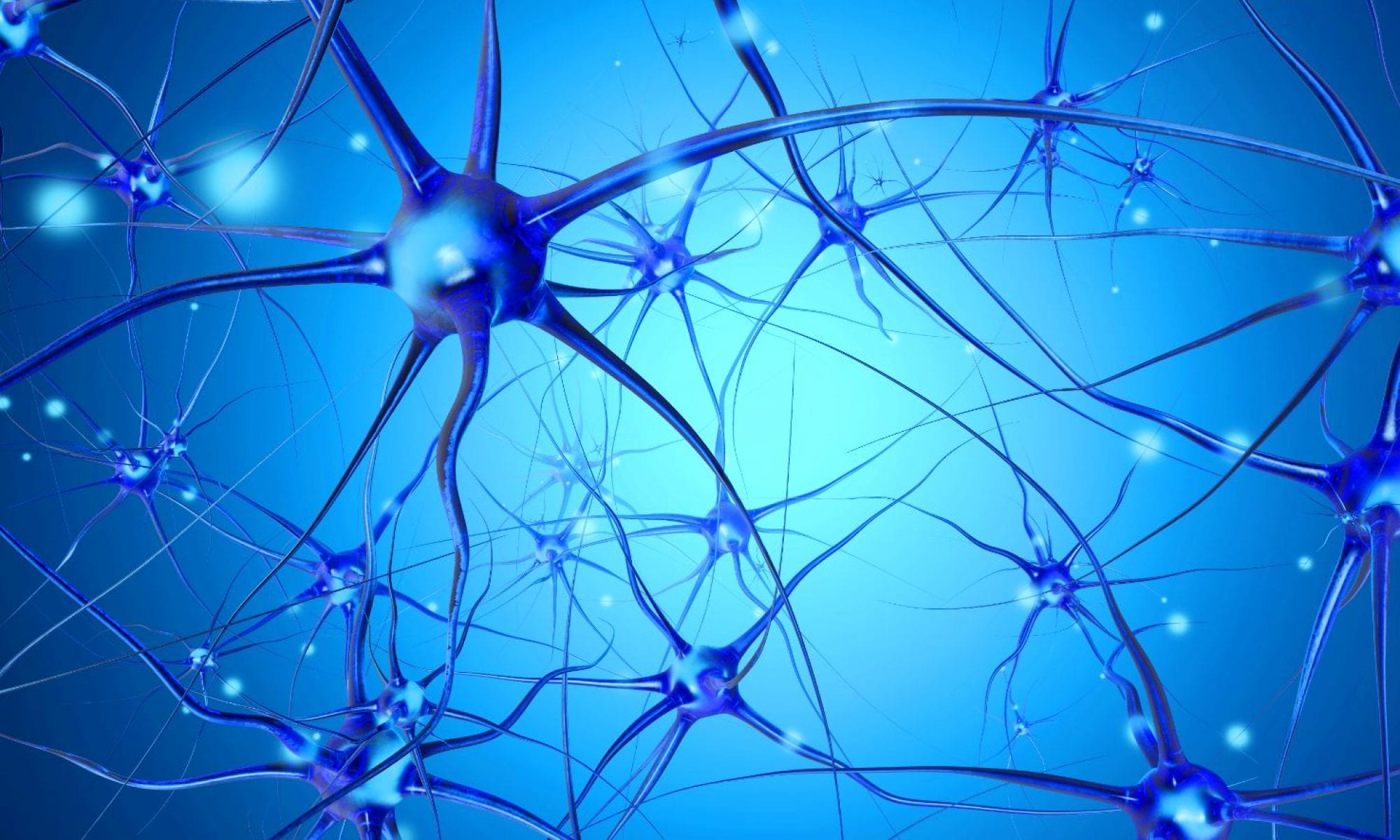Press Release:
MINNEAPOLIS – People with restless legs syndrome may have changes in a portion of the brain that processes sensory information, according to a study published in the April 25, 2018, online issue of Neurology®, the medical journal of the American Academy of Neurology.
Restless legs syndrome is a disorder that causes uncomfortable sensations in the legs, accompanied by an irresistible urge to move them. It often occurs in the evening and at night, sometimes affecting a person’s ability to sleep. In some cases, exercise may reduce symptoms. Iron supplements may also be prescribed if there is an iron deficiency. For more serious cases, there are also medications, but many have serious side effects if taken too long.
“Our study, which we believe is the first to show changes in the sensory system with restless legs syndrome, found evidence of structural changes in the brain’s somatosensory cortex, the area where sensations are processed,” said study author Byeong-Yeul Lee, PhD, of the University of Minnesota in Minneapolis. “It is likely that symptoms may be related to the pathological changes in this area of the brain.”
Continue reading “Brain structure linked to symptoms of restless legs syndrome”